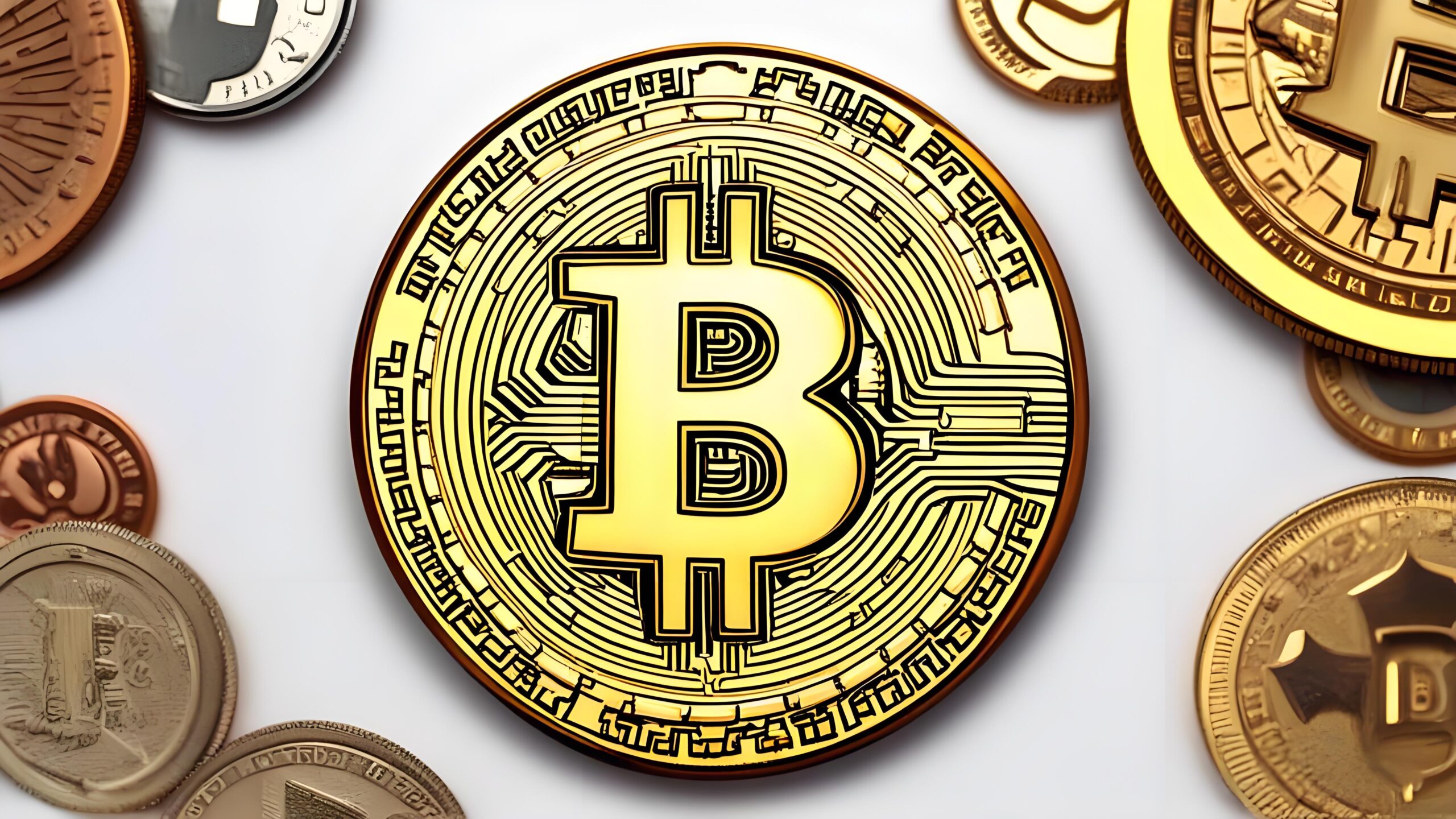Growing global interest in Bitcoin as a strategic reserve asset is prompting debate in Europe, with Swedish lawmakers taking the lead.
Swedish MPs Challenge Traditional Reserve Thinking
Calls to integrate Bitcoin into national reserve strategies are gaining traction across Europe, with Sweden emerging as a key player in the conversation. Two Swedish parliamentarians have recently urged the government to consider adding Bitcoin to the country’s reserves, citing global shifts in financial policy and the potential for greater economic sovereignty.
The latest push came on Monday from Dennis Dioukarev, a member of the Sweden Democrats, who formally asked Finance Minister Elisabeth Svantesson whether the government is exploring the possibility of accumulating Bitcoin through confiscated digital assets.
“This is a trend seen in many countries,” Dioukarev noted, pointing to recent developments in the United States. In March, the U.S. government under President Donald Trump issued an executive order to create a national Bitcoin reserve funded by seized crypto assets—rather than direct purchases—marking a significant step in legitimizing digital assets at the sovereign level.
Just a week earlier, Rickard Nordin, another Swedish lawmaker, raised similar concerns. He highlighted Bitcoin’s dual role as both an inflation hedge and a financial tool for individuals operating under repressive regimes.
“Global institutions and investors increasingly view Bitcoin not just as a speculative asset, but as a secure, censorship-resistant store of value,” Nordin said.
Europe at a Crossroads
These coordinated efforts in Sweden reflect a broader shift in Europe, where the concept of a crypto-inclusive national reserve is gradually entering mainstream political discourse. Czech National Bank Governor Aleš Michl recently described Bitcoin as a possible diversification asset for the country’s $7 billion in reserves. Meanwhile, in Italy, political leaders and private institutions alike have shown openness to digital assets. In January, Intesa Sanpaolo, Italy’s largest banking group, made headlines by purchasing 11 Bitcoins—becoming the country’s first bank to directly invest in cryptocurrency.
However, not all of Europe is on board. European Central Bank President Christine Lagarde has repeatedly voiced skepticism, calling Bitcoin “unsafe” and ruling out any role for it within central bank reserves.
Strategic Reserves in a Digital Age
Despite such reservations, momentum continues to build. The U.S. strategy—backed by a separate Digital Asset Stockpile composed of non-Bitcoin seized assets—has provided a framework that could inspire similar moves abroad. White House AI and Crypto Advisor David Sacks emphasized that this new asset class may eventually complement traditional reserves in a digitally evolving economy.
At the time of writing, Bitcoin is trading at $85,586.92, according to CoinGecko, a 1.5% increase over the past 24 hours. Although still 21% below its January all-time high of $108,786, the cryptocurrency remains firmly in the spotlight as governments reassess its strategic potential.
As national finance ministries weigh the implications, Sweden’s recent parliamentary inquiries suggest that Europe’s stance on Bitcoin may be entering a period of quiet but consequential reconsideration.
